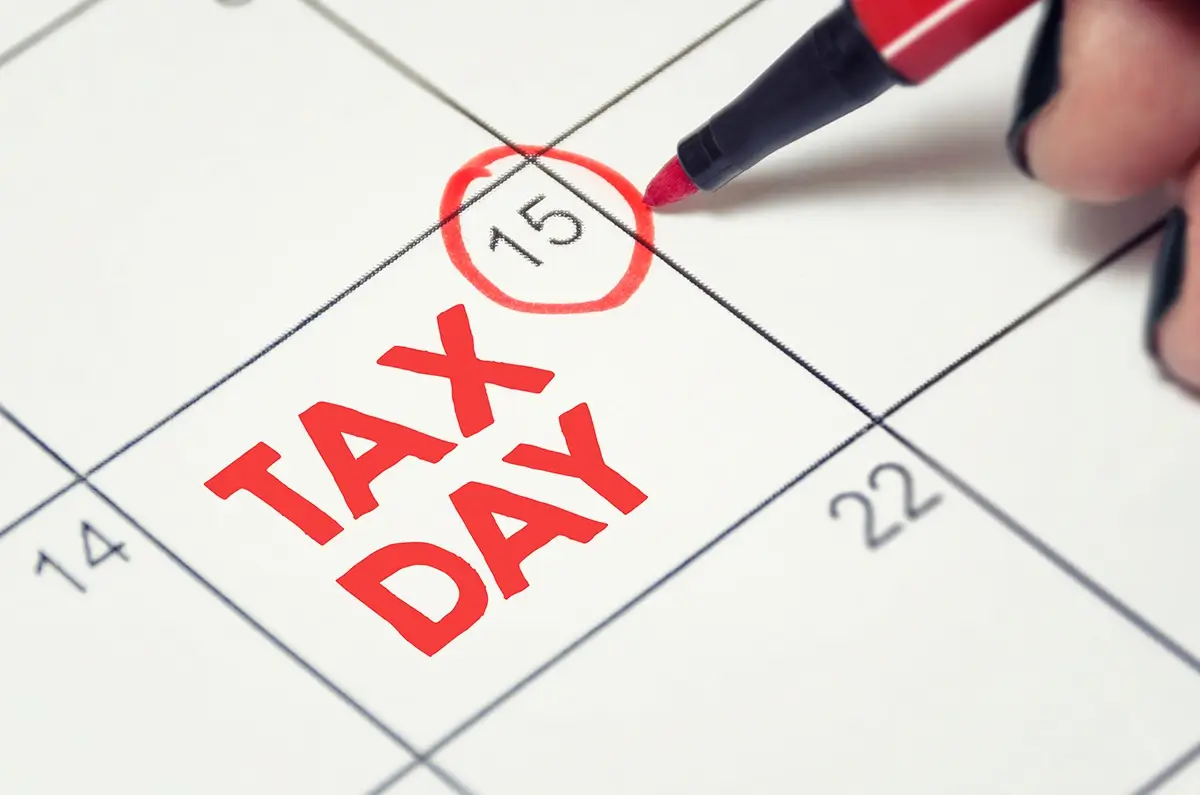We’ve explored the world of tax planning from various perspectives, including the basics, common strategies, recent tax law changes, and considerations for small businesses. Today, we’re focusing on an area that often gets less attention but is vitally important – tax planning for retirement. Let’s discuss how effective tax planning can ensure a financially secure and comfortable retirement.
The Role of Taxes in Retirement
Many people overlook the role of taxes when planning for retirement, assuming that their tax burden will automatically decrease. While it’s true that your income may decrease in retirement, it doesn’t necessarily mean your taxes will. In fact, if not carefully planned, taxes can take a significant chunk out of your retirement savings.
Tax-Advantaged Retirement Accounts
Tax-advantaged retirement accounts such as 401(k)s and Individual Retirement Accounts (IRAs) offer a great way to save for retirement while minimizing your current and future tax burden.
With traditional 401(k)s and IRAs, contributions are typically tax-deductible, and earnings grow tax-deferred until withdrawal. With Roth 401(k)s and Roth IRAs, contributions are made with after-tax dollars, but both earnings and withdrawals in retirement are tax-free, given certain conditions are met.
Strategies to Minimize Taxes in Retirement
Here are some strategies to consider:
- Understand Required Minimum Distributions (RMDs): Traditional retirement accounts require you to start taking minimum distributions by a certain age, which can push you into a higher tax bracket. Planning for these can help minimize their tax impact.
- Consider Roth Conversions: Converting funds from a traditional retirement account to a Roth account can provide tax-free income in retirement. While the conversion is taxable, it could be beneficial if you expect to be in a higher tax bracket in retirement.
- Plan Your Withdrawals: The order in which you withdraw from your retirement accounts can impact your taxes. A well-thought-out withdrawal strategy can help minimize taxes and extend the life of your savings.
- Work with a CPA: Navigating the complexities of tax planning for retirement can be challenging. Working with a Certified Public Accountant can provide expert guidance tailored to your specific circumstances and retirement goals.
Retirement should be a time to enjoy the fruits of your labor, not worry about taxes. With careful tax planning, you can ensure that your retirement savings last as long as possible, providing you with a secure and comfortable retirement.
Stay tuned for our next blog post where we’ll explore the relationship between estate planning and taxes. As always, if you have any questions about tax planning for retirement, don’t hesitate to reach out.












